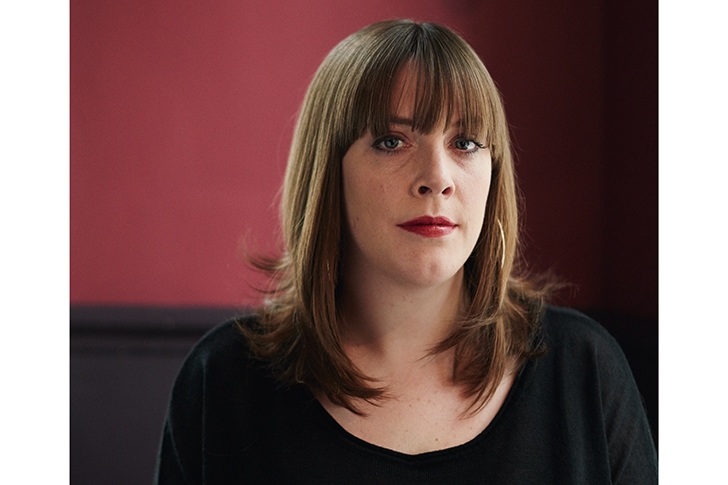Jess Phillips is expected to launch her bid for Labour leader this evening, having only said up to this point that she is seriously considering a bid to take over from Jeremy Corbyn. She is both the candidate most identified with the ‘moderate’ side of the party and the most high-profile, but that doesn’t mean she is launching with a particularly well-formulated policy platform. In fact, while Phillips is well-known for her dislike of Corbyn and her altercation with Diane Abbott pretty early on as an MP, it’s not quite as easy to work out what she thinks.
Phillips has largely exerted her influence in Parliament in two ways. The first is as a campaigner on issues she knows a great deal about from her pre-parliamentary life, including domestic abuse and cuts to school funding. The latter is an example of how Phillips has been vocal on on aspect of an issue without setting out her wider stall: we know that she thinks schools should have enough money to be able to stay open all day on a Friday, but it’s rather less clear what she thinks the structure of the education system should be: would she allow more free schools, for instance? What is her position on Ofsted? It is easy to campaign for more money for something, especially if you’re seeking to lead the Labour party. But when it comes to how schools, local authorities, the criminal justice system and immigration should work, things get rather more complicated.
Phillips’ personal passion for domestic issues means that until today, we had heard very little indeed from her on foreign policy. All the Labour leadership contenders have been forced to explain their stance on the killing of Iranian general Qasem Soleimani, and Phillips tweeted the following: ‘Reckless foreign policy does not show strength. It’s not a game. The consequences of the escalating tensions between the US and Iran are not to be underestimated, not just once again on the civilians in the region but on the whole world.’ This sounds like a rather Ed Miliband-esque stance on foreign policy: not the same levels of suspicion of any action by the West and sympathy for its opponents as Corbyn, but still an anxiety about saying anything too strong in the other direction.
Her second way of making a mark has been her impassioned style of delivery in the Chamber, particularly when facing Boris Johnson. It is clear that the Prime Minister is not Phillips’ cup of tea at all, whether it be the way he conducts his personal affairs or his political rhetoric. Her full-throttle way of addressing him may well be popular with Labour members, but is it something she can sustain? The role of the leader of the Opposition sometimes involves working with the Prime Minister, or at least being able to talk to him one-to-one (Corbyn has already stopped bothering to do this, if his sullen performance at the State Opening of Parliament is anything to go by).
Being a well-known candidate with plenty of unknowns isn’t the worst place to start out from for Phillips, though. Her greatest problems are that she has been outspoken about Corbyn to an extent which may alienate Labour members who still feel he deserved a better hearing from the electorate and media than he was given. She will have to explain her comments about knifing Corbyn in the front that she made in 2015. How often she will have to do this depends on what sort of mindset Labour members are currently in. The greatest unknown of the whole contest is what the voting membership learned from this election, and whether it is in the mood to learn anything at all about what someone like Phillips thinks.







Comments